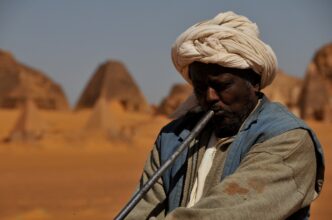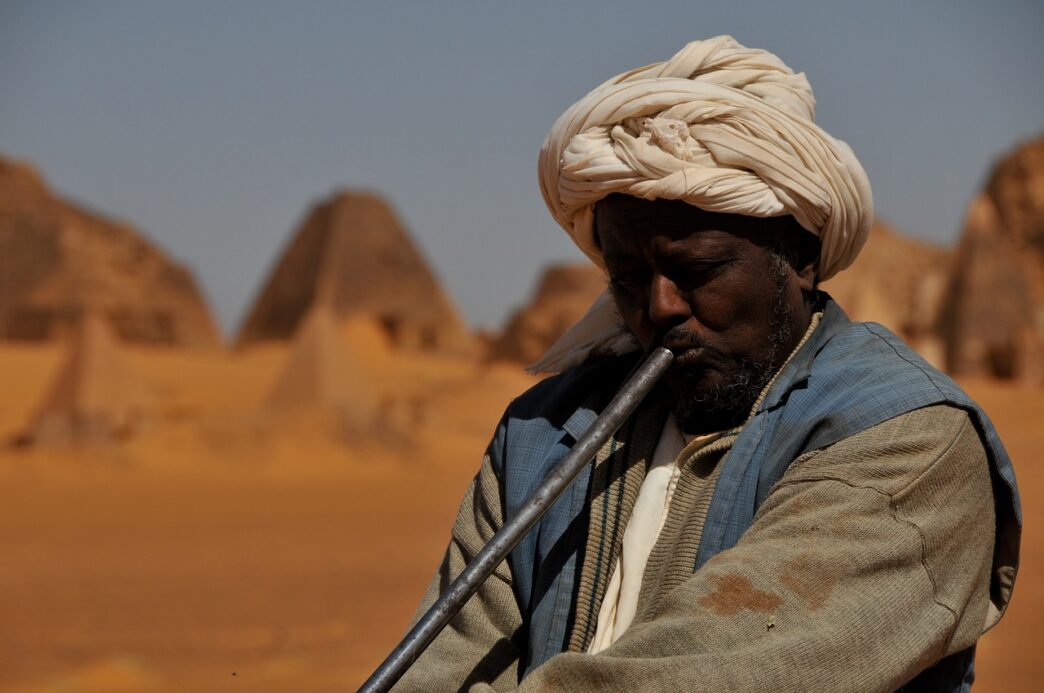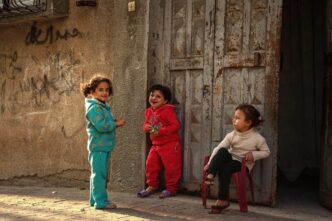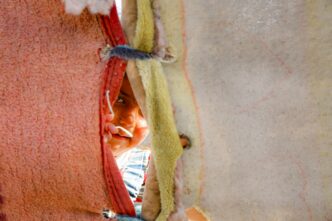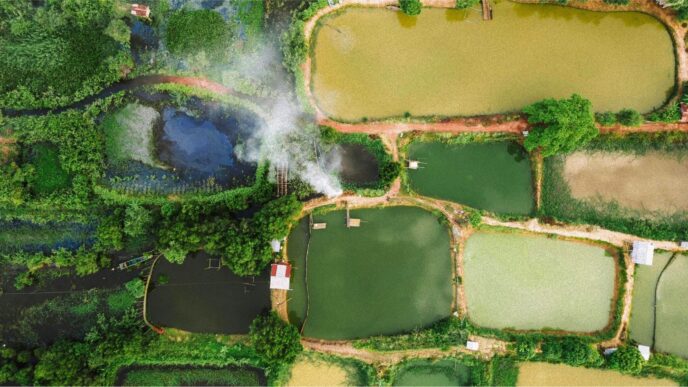Sudan’s North Darfur has become a death trap for over one million people, as civilians face relentless violence, starvation, and displacement in what is rapidly becoming one of the worst humanitarian catastrophes of our time.
The deliberate targeting of displacement camps such as Zamzam and Abu Shok, combined with the siege of El Fasher, has pushed millions to the brink of survival. According to a statement released by Save the Children and the INGO Forum, “The international community cannot stand idle while civilians are starved, bombed, and killed as they attempt to flee.”
The Humanitarian Crisis in North Darfur
Zamzam Camp, once a fragile refuge for those fleeing conflict, has now become a graveyard. Artillery shelling has obliterated homes, and satellite imagery confirms that over half of the main market has been burned to the ground—an intentional act designed to cut off food supplies in an area already suffering from famine. Abu Shok Camp has suffered the same fate, leaving thousands in desperation. Those attempting to flee are being targeted on evacuation routes, turning their escape into a journey of terror and death.
The situation in El Fasher is even more dire. The city’s last operational hospital has been bombed repeatedly, leaving the injured and sick with no access to medical care. The months-long blockade on El Fasher has severed all access to fuel, food, and water. Local responders, who have been running communal kitchens for displaced families, warn that they are days away from collapse. Without immediate international intervention, the suffering will only deepen.
The killing of two aid workers in Zamzam within the span of ten days highlights the deadly conditions under which humanitarians operate. Local responders, the backbone of emergency relief, are under constant threat, working in fear while the world turns a blind eye.
The Impact on Civilians
The consequences of this crisis are unfathomable. Families who once lived in safety have been forced into destitution. Many children in the camps suffer from acute malnutrition, their frail bodies unable to withstand the harsh conditions. Mothers are going without food to ensure their children have at least one meal a day, even if it is only a handful of grains or a cup of water.
In some cases, entire families have perished as they attempted to flee. Reports from survivors detail horrifying stories of people being shot on sight, women facing unspeakable violence, and children witnessing atrocities that no child should ever endure. The psychological scars left by this crisis will last for generations.
The targeting of civilian infrastructure has made an already dire situation even worse. The destruction of marketplaces, homes, and food distribution centers has led to skyrocketing prices, making it nearly impossible for people to afford basic necessities. Many have resorted to scavenging in dangerous areas just to survive.
The Role of Local and International NGOs
Despite these overwhelming challenges, local responders and humanitarian organizations continue to work tirelessly to provide aid. Islamic Relief, Save the Children, and other INGOs have been on the ground, doing everything they can to assist those in need. However, their efforts are being severely hampered by the ongoing violence and restrictions on humanitarian access.
Local aid workers are particularly at risk, as they are often the first responders in emergencies. Their dedication to helping their communities despite the dangers they face is nothing short of heroic. However, without greater international support, they will not be able to sustain their efforts indefinitely.
The international community must act now:
- End indiscriminate attacks on civilians and infrastructure. The targeted destruction of homes, hospitals, and humanitarian facilities must stop. All warring parties must immediately withdraw military assets from civilian areas.
- Guarantee safe passage for those fleeing. Evacuation routes must not be turned into death corridors, and checkpoints must not be used for looting, arrests, or violence.
- Commit to protecting all civilians. No one should face death because of their ethnicity, gender, or political affiliation. Retaliatory violence must end.
- Ensure the safety of aid workers and responders. Those delivering lifesaving assistance must be shielded from violence and intimidation.
- Prioritize Sudan at the highest international levels. The time for statements and symbolic gestures has passed. The protection of Sudanese civilians must be at the forefront of diplomatic efforts, with real consequences for those perpetuating war crimes.
As Muslims, our faith compels us to stand against oppression, to protect the innocent, and to aid those in need. The crisis in Sudan is not a distant tragedy—it is a test of our collective humanity. We must raise our voices, demand action, and refuse to let the people of Sudan suffer in silence.
- Raise Awareness: Share credible news sources and reports on social media, engage in discussions, and educate others about the crisis. The more people who know about the situation, the more pressure can be put on decision-makers to act.
- Support Humanitarian Organizations: Donate to charities and humanitarian organizations providing aid on the ground. Even small contributions can make a significant impact in delivering lifesaving assistance.
- Advocate for Policy Changes: Contact government representatives, urge them to prioritize Sudan in their discussions, and push for concrete diplomatic interventions. Public pressure plays a crucial role in shaping foreign policy decisions.
- Pray for Sudan: As we continue our advocacy and support efforts, we must also remember Sudan in our prayers. Asking for Allah’s mercy and intervention is a powerful way to express our solidarity with those suffering.
The world failed Rwanda. The world failed Syria. Will we now fail Sudan? If history has taught us anything, it is that silence in the face of genocide and mass suffering only allows evil to flourish.
We must be the voices for those who have been silenced by war. We must act, not just in words but in deeds. Now is the time to show that our humanity is stronger than our apathy. The people of Sudan are looking to the world for help—will we answer their call?
Source: Save the Children, INGO Forum press release, February 17, 2025.

